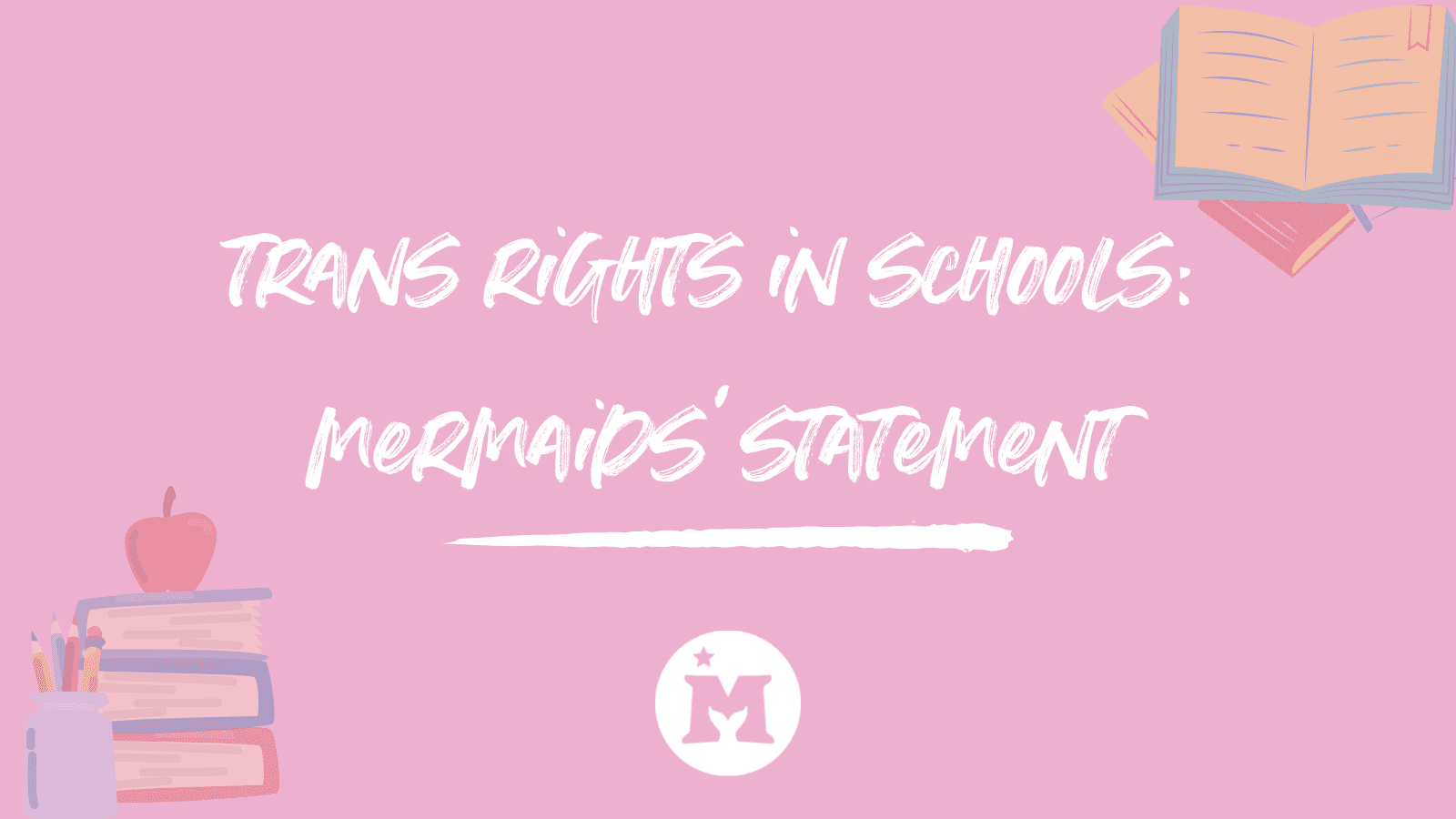
Today (10 August 2022), Suella Braverman QC MP, the Attorney General, made a speech for the Policy Exchange think tank on the affirmation of trans, non-binary and gender diverse children in school.
The contents of Braverman’s speech do not reflect our understanding of the Equality Act 2010 or the realities of being a trans child in schools. Her speech is not legally binding on schools and does not mark a change in school’s duties toward trans children in their care.
What does the Equality Act say?
Under the Equality Act 2010, people with the characteristic of “gender reassignment” are protected from discrimination, harassment and victimisation. This captures anyone who is trans, regardless of medical intervention.
Schools may also be subject to a Public Sector Equality Duty under the Equality Act 2010, which requires them to advance equality of opportunity, foster good relations and have due regard to the need to minimise disadvantages suffered by persons who share a relevant protected characteristic.
As we understand it, this means that it is contrary to the Equality Act if schools refuse to allow a child to wear the uniform that matches their gender identity or use a single-sex facility that matches their gender identity.
There is a high bar for the exclusion of trans children from sports where their inclusion may undermine safety or fairness. We believe that access to sport is a fundamental part of childhood, teaching young people important life lessons about teamwork, navigating new environments, building confidence and making friends, and has numerous physical and emotional benefits that make us who we are. To exclude trans, non-binary and gender-diverse young people from such experiences is to deny them a childhood.
The benefits of inclusion
Using the correct pronouns (e.g. he, she, they) of a child can be an important and simple way to create an inclusive, respectful school environment. Studies show the real impact this can have on a trans or gender-diverse person, including, for example, a 71% reduction of symptoms of depression (Russell et al, Journal of Adolescent Health 63 (2018): “Chosen Name Use Is Linked to Reduced Depressive Symptoms, Suicidal Ideation, and Suicidal Behavior Among Transgender Youth”).
A child being trans does not make them a safeguarding risk to other children and affirming and supporting trans children does not hurt other children in their peer group. Furthermore, the Equality Act makes clear that medical intervention or diagnosis is not required for a child to use the name or pronouns of their choice.
Our view
We do not believe that providing a supportive and inclusive environment disadvantages anyone. Trans rights are not to the exclusion of others’ rights but in addition to the benefits and freedoms enjoyed by the majority.
Education is a fundamental human right and trans children need support and protection to ensure the same standard of education as everyone else, rather than additional barriers proposed by some. We urge schools to be agile and supportive and take extra measures to ensure that trans children can enjoy the same opportunities as everyone else.
